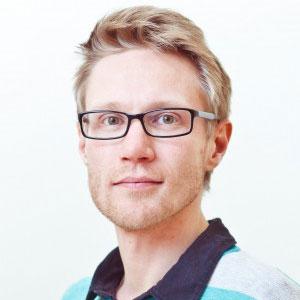Everyone Hates Politics: How the Legacy of the USSR Influences the Political Engagement of LGBT Citizens in Contemporary Russia


In this talk, Alex Kondakov will offer some explanations for the low rate of participation by lesbians and gay men in conventional political activity in Russia (such as rallies, petitioning, and LGBT-pride parades). Drawing on his previous work on (homo)sexual citizenship after the fall of the USSR, and using some insights from urban studies and queer theory, he analyzes how power was employed in the USSR from the very beginning in order to control citizens in every aspect of their lives. Prof. Kondakov emphasizes three formative steps in this process: making all spaces public, imposing censorship on the public sphere, and splitting the public sphere into an official zone and an unacknowledged, but tolerated, off-shoot. One result was to make available to Soviet queers an alternative, unrecognized public sphere in the USSR which they could inhabit, along with certain urban spaces which they could claim for their own use, despite the law against consensual sexual relations between men and despite the medicalization of female homosexuality. These urban spaces gave rise to a peculiar political culture that informs the current engagement of LGBT people in Russian grassroots politics. The Soviet past thus determines in many senses both the current government’s LGBT policy and Russian citizens’ LGBT politics.
Alexander Kondakov is a researcher at the Centre for Independent Social Research; assistant professor at the European University at St. Petersburg; and Deputy Editor-in-Chief for the Journal of Social Policy Studies in Russia.
Cosponsored by the Center for Russian, East European, and Eurasian Studies (CREES) and Slavic Languages and Literatures.
